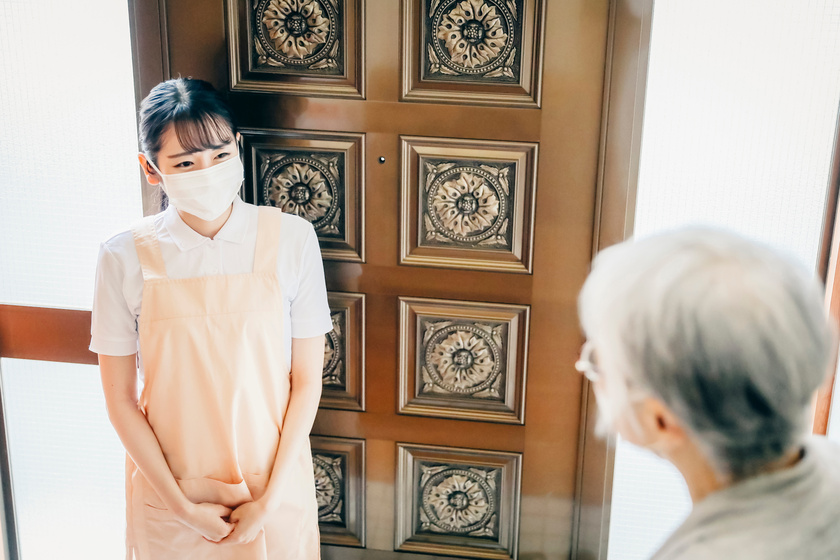Socialization is a significant reason many elders regularly opt to live in a retirement community. If your weekly schedule is unoccupied, but you seek an active social life, then a retirement community may help. You may participate in music therapy, join reading groups, or engage in sports activities to make friends in personal care communities. Active socializing can prevent feelings of estrangement, isolation, or depression. Here are some ways our retirement homes in Mansfield, TX, welcome a new resident.
Playing Games to Keep Your Mind Engaged
Games are a popular form of elderly mental exercise. Research has indicated that playing board games might benefit mental health or recreation. Also, board games are accessible to many, easy to participate in, or fun to join with peers. There are many versions of games to take part in, like chess, scrabble, board games, jigsaw puzzles, or crosswords. Puzzles might be entertaining for elders experiencing some form of mental health ailment, like depression or grief.
Creating Arts and Crafts
Making crafts with one’s hands is fun and could benefit one’s mental health. Research shows that elders that engage in skills like knitting or pottery hold at least a 30 to 50 percent reduction in the overall risks of memory loss. Crafting may reduce anxiety, alleviate depression, or cultivate joy and peace. Taking on a craft project may develop one’s confidence or offer seniors a sense of heightened engagement or leisure. There are diverse forms of crafting projects that elders can take part in, like collage, painting, knitting, sewing, coloring, pottery, or ceramics in personal care communities.
Chilling Out with Music
Music is a fun, emotionally stimulating activity that enhances your attention and helps improve your memory or mental alertness. There are various ways to engage in music as a therapeutic mental activity. Learn the lyrics of songs, then sing the pieces aloud. Practice playing a musical instrument, like the guitar or keyboard, then perform concerts with peers. Intonation was discovered to stimulate the mind by calming chaotic thoughts with music. The singing practice may benefit your mental health by providing social, cognitive, or psychological therapy. Music may help to reduce depression, anxiety, or stress. It is also a mature mental exercise.
Help With Meal Preparations
Loss of appetite remains a typical symptom of depression in mature elders that may lead to increased weight loss, muscle atrophy, low energy, or worsening health. This is why it is a high priority that you assist them with adequate nutrition. In collaboration, cook some basic meals or snacks filled with vitamins or calories, even when they have poor appetites.
Several ideas are
- Green smoothies filled with greens, fruit, protein powder, and yogurt.
- Nourishing brews like split peas or ham, chicken noodle broth, or boiled tomatoes.
- Protein-rich egg salad that may get rapidly or easily assembled into sandwiches.
- Fiber-rich oatmeal biscuits filled with raisins, nuts, or flax seeds.
Enjoy Nature Through Outdoor Hikes
For older adults in their 60s, going for long hikes, doing rigorous water sports, or spending long hours outdoors are not ideal activities. Instead, consider going for short strolls in a nearby park, setting up bird feeders in your backyard, or cultivating a green thumb by growing colorful flowers and potted plants in your apartment.
Varied Treatment Options
It is regular for several seniors not to seek to comply concerning seeking treatment for geriatric depression. Still, it remains necessary that you suggest this to them politely. Depression specialist or mental health advocate Julie K. Hersh has stated that it may help you diagnose your aged parent with depression symptoms and get them to acknowledge they suffer from a medical condition. Afterward, you may search for the name or contact of an accredited therapist or psychiatrist to assist them with fixing an appointment. A therapist might adequately understand the mode of therapy to prescribe.







